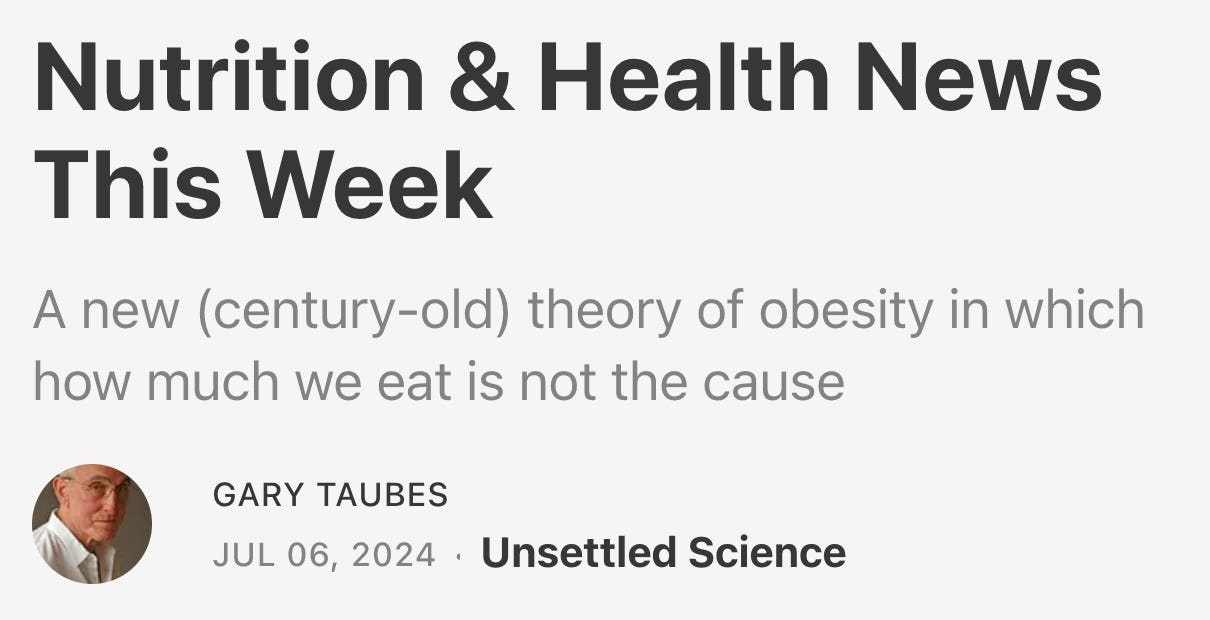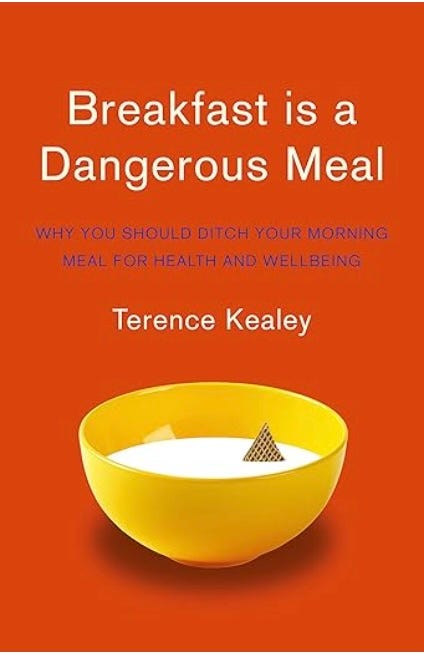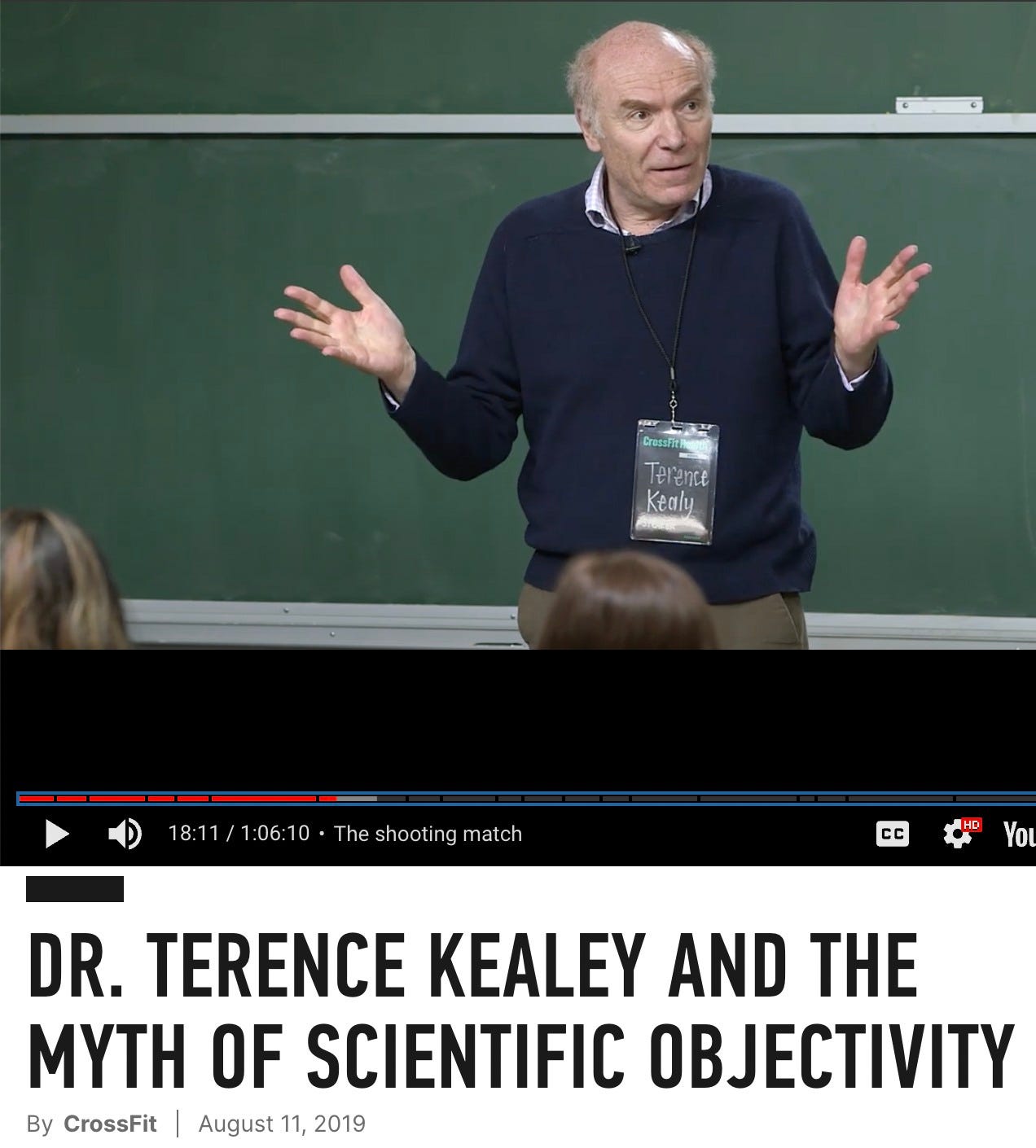Chronic Disease and Fuel Partitioning
It's not how much food we eat, but how that food is processed inside us
On Thursday – Independence Day here in the U.S. – the journal Obesity Reviews published a lengthy review of a radical, yet century-old conception of obesity that resolves many of the paradoxes that come with the traditional energy balance perspective of the disorder… obesity is not an energy balance disorder (i.e., not caused by overeating) but a fat-trapping disorder caused by dysregulation in what’s technically known as fuel partitioning. A simple way to think about it is that we don’t get fat because of how much we eat or how little we expend, but rather by what our bodies do with what we eat. Source: Nutrition & Health News This Week: A new (century-old) theory of obesity in which how much we eat is not the cause (July 6, 2024)
Terence Kealey’s 2019 CrossFit Health talk begins with general problems with science research (the first 12 minutes). Smart and well-meaning scientists can—honestly—deceive themselves as they nudge their data to fit preconceived theories. They may discard outlying data points that seem somehow wrong. This happened, Kealey argues, with nutrition science.
Kealey discusses his own type 2 diabetes and the misguided UK National Health NICE advice to eat complex carbs many times a day. For the Stoa league federal health care topic, students should research on their own the debate over nutritional guidelines and escalating chronic health problems in the US. (See The Nutrition Coalition website for links to relevant research.)
Kealey is... author of the book Breakfast Is a Dangerous Meal. During his presentation (link below), he discusses the myth of scientific objectivity, drawing examples widely from history as well as his personal experiences within many of the most reputable scientific institutions... To illustrate the problem of government involvement, Kealey detailed the forces that lent longevity to Ancel Keys’ false diet-heart and lipid hypotheses. Generations of doctors were taught the faulty lipid hypothesis “because Ancel Keys’ rebuttal of his own data was not accepted by the federal government,” Kealey claimed.





